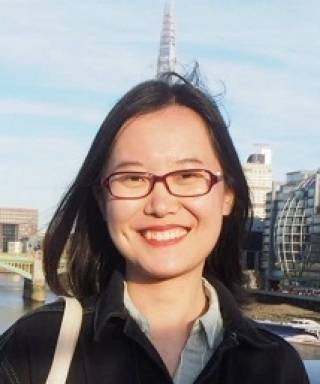Theorising Practice: Development of Archaeological Fieldwork in Late Modern Egypt and China c. 1880–1952
 | Email: yu.zhuang.22@ucl.ac.uk |
- Profile
Theorising Practice: Development of Archaeological Fieldwork in Late Modern Egypt and China c. 1880–1952
As an essential while less discussed part of archaeological knowledge production, fieldwork turns records into material expressions of knowledge through excavation, recording and analysis (Lucas, 2001). It is influenced by individuals’ knowledge of the record, which has multi-dimensional bases including personal identities and education, institutional habits, and broader social-political trends. Archaeology fieldwork in many non-western countries developed under similar historical backgrounds. This similarity creates the possibility of comparison, while the simplification of non-western countries’ fieldwork as the same practice (Chakrabarti, 2012) further emphasises the necessity of comparison. This research would like to extend existent comparative research (e. g. Carruthers, 2020) by comparing the archaeological fieldwork in late modern Egypt and China, which both have a rich material culture accompanied by written records and a similar history of fieldwork.
The main research questions include:
1. How has modern archaeological fieldwork emerged under Western, typically British, influence and consequently merged with native traditions in Egypt and China? Diachronically, what were the contexts and processes of the fieldwork?
2. How did these processes interact with social power structures comprised of colonial, national and local powers?
3. What are the similarities and differences between the development of fieldwork in late modern Egypt and China?
This research takes representative case studies from the fieldwork at Naqada-period sites undertaken by Petrie, and that of Yangshao culture carried out by Andersson, Li Chi and Liang Siyong. Both series of fieldwork were crucial for the development of fieldwork methods in China and Egypt. It uses relevant archives (e. g. the Petrie Museum records and the Museum of Far Eastern Antiquities archives) as the major primary source, and critically reads them by asking ‘what’, ‘how’ and ‘why’ questions. This research will contribute to understanding the complexity of the history of fieldwork through a globalised lens.
Education
BA, Archaeology, Nanjing University, 2018
MA, Archaeology, UCL, 2019
MA, History, SOAS, University of London, 2021
 Close
Close

